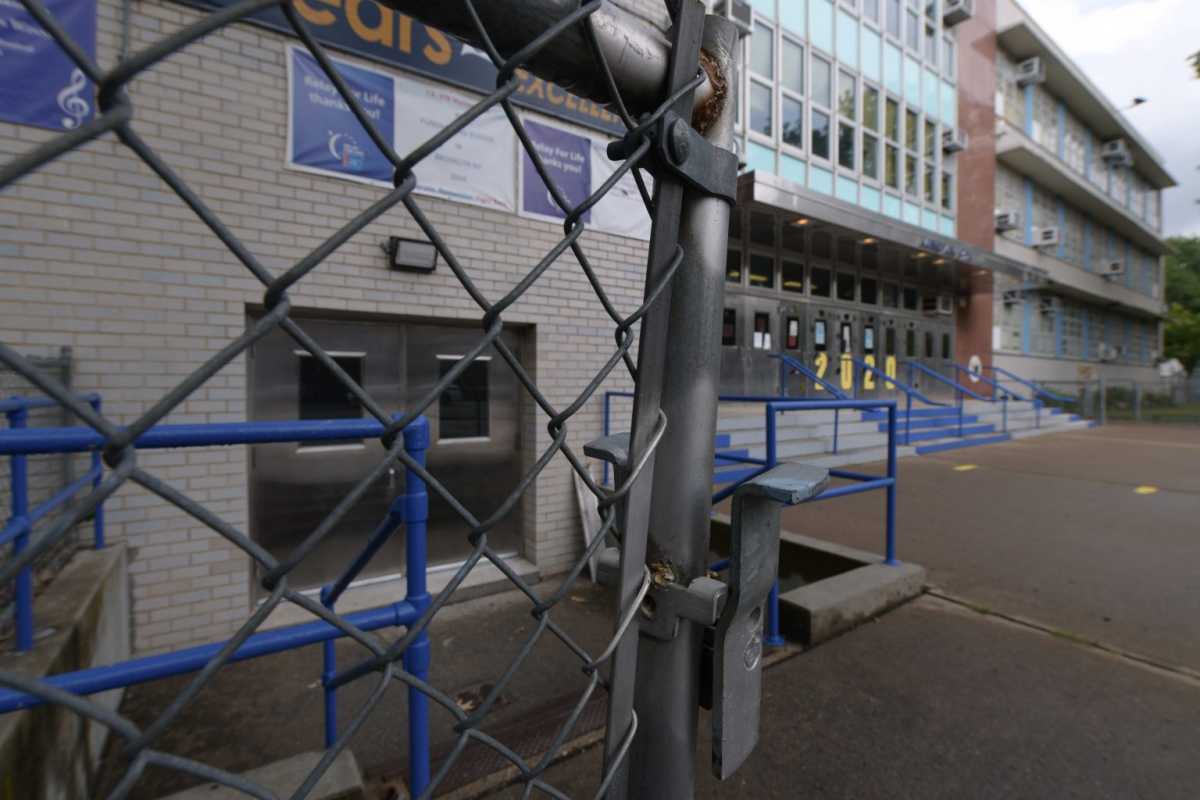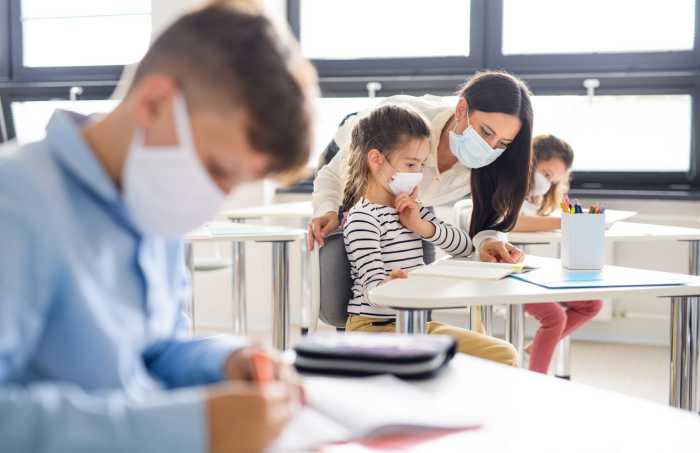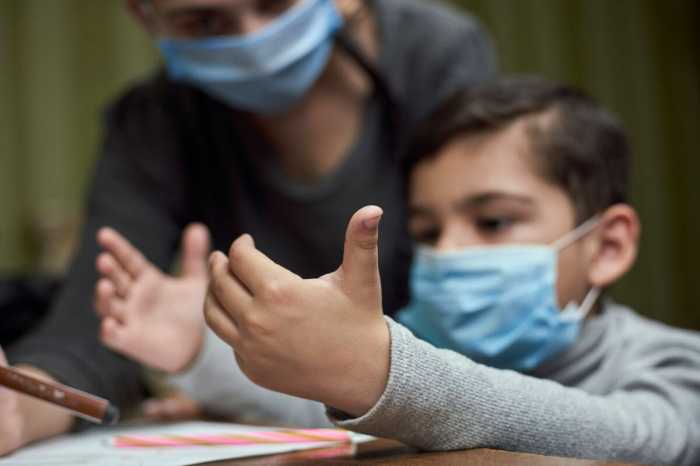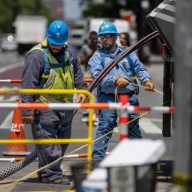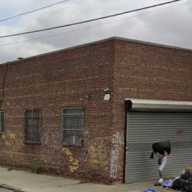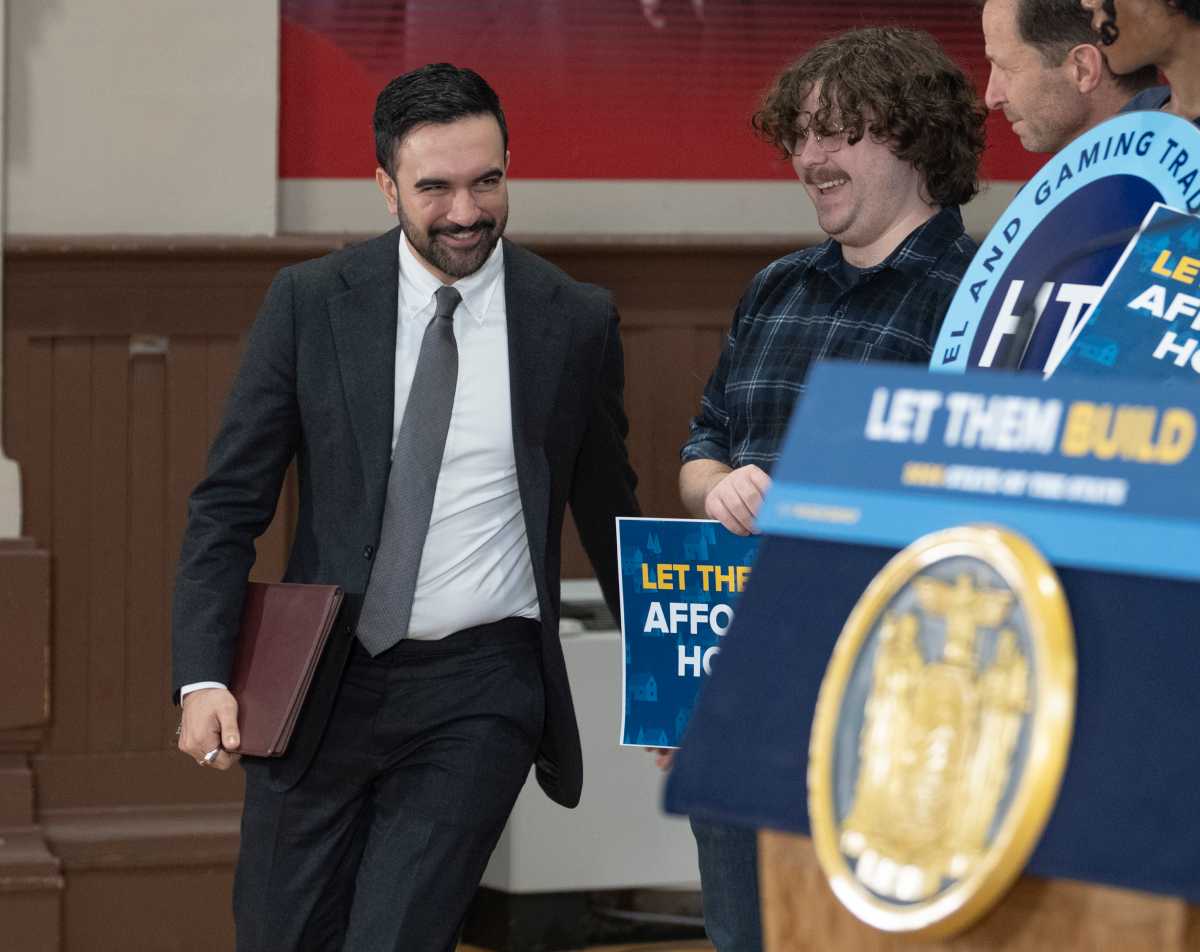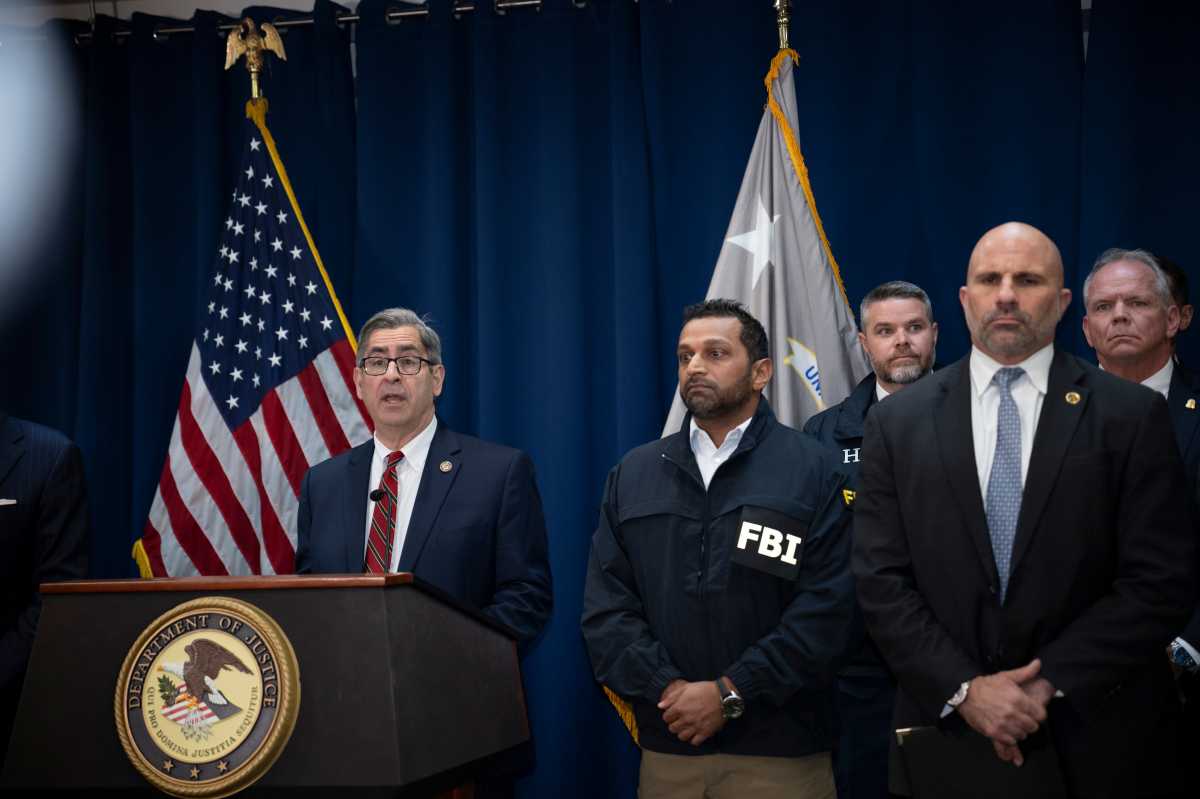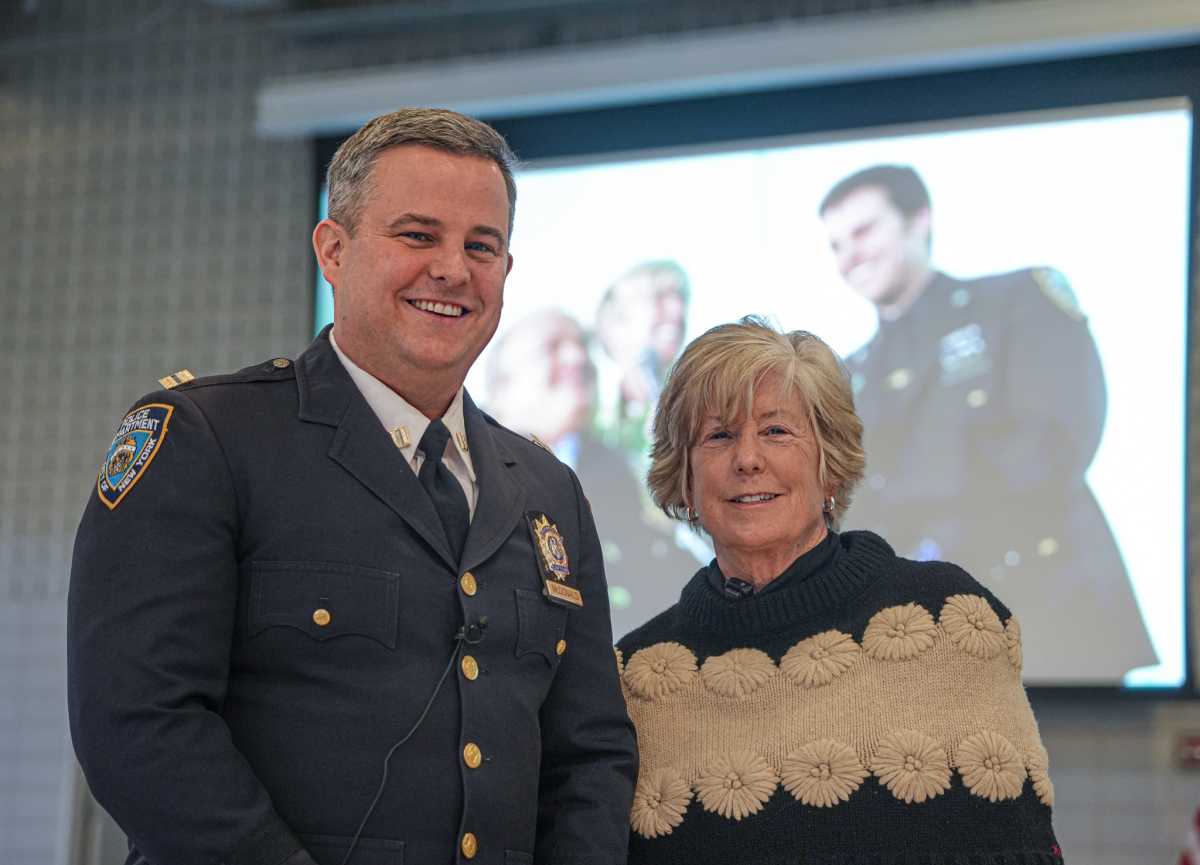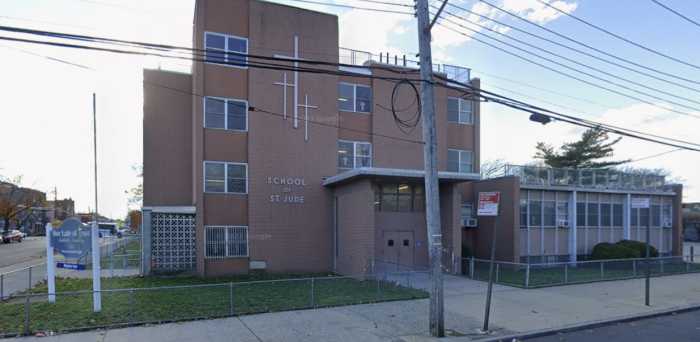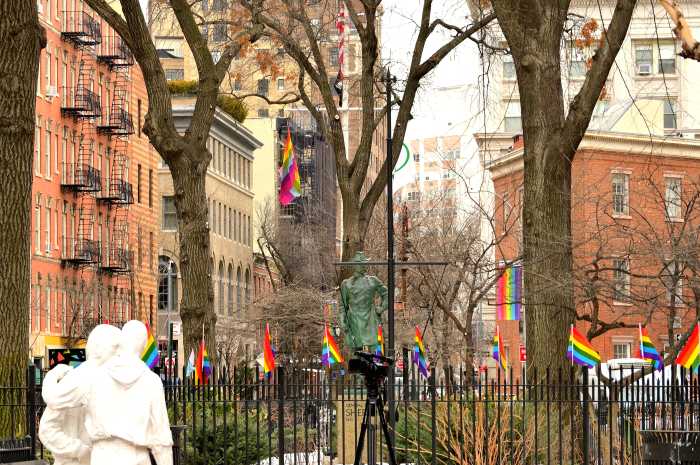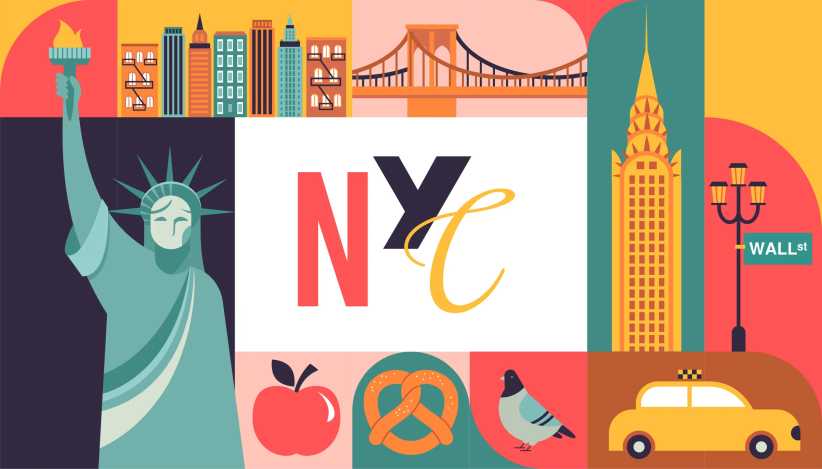Running New York City public schools under Mayor Bill de Blasio’s hybrid model, while keeping with state COVID-19 health guidelines, will force the city to spend a combined $32 million extra a week, according to a new report that the Independent Budget Office (IBO) released Thursday.
The IBO issued its report the same day that officials announced the first day of in-person classes would be delayed again for most New York City public school students. Only Pre-K, 3-K, and district 75 students will return to school buildings on Monday, Sept. 21.
Students in K-5 schools and K-8 schools will return to buildings for hybrid learning on Tuesday, Sept.29. Middle, high school, secondary, transfer and adult education students can expect to go back to their physical classrooms on Oct. 1.
The report claims that the majority of increased school spending, $19 million a week, will be spent on hiring an additional 11,900 teachers and substitutes needed to meet the scheduling demands of hybrid learning.
On Sept. 17, Mayor de Blasio announced that the city would hire an additional 2,500 to meet the needs of the city’s blended learning model where students take classes in school buildings and remotely. The new emergency substitutes will include DOE employees previously working in city Regional Enrichment Centers, CUNY adjunct professors, graduate students and teaching students.
Now, the total number of extra teachers promised by the city is 4,500. On Monday, Mayor de Blasio pledged to have 2,000 extra substitute teachers by the start of in person learning. That number though still doesn’t meet the anticipate staffing demands projected by the city’s principal union, the Council of School Supervisors and Administrators or the IBO.
Deputy Mayor Dean Fuleihan told reporters during de Blasio morning press conference that the city has “existing resources” to help cover the projected additional costs of operating school buildings under the city’s current plan.
“We are making available an additional $50 million to make sure that this is completely accomplished and we will find savings and we will reflect those in future financial plans,” he said.
It is unclear where exactly the mayor’s office expects to draw more savings and the report touches on this uncertainly.
“These costs are particularly uncertain, both in terms of how many more teachers will be needed and how many more will be available,” the report reads. “IBO assumes that on average, schools across the city would require a 20 percent increase in the number of general and special education teachers on their rosters compared with last year (2019-2020).”
Thursday’s announcement on the delay to in-person due to staffing issues and the fact that the city is prepared to find $50 million dollars in additional savings to keep buildings open comes as Mayor de Blasio grapples with the possibility of laying off 22,000 municipal workers to help fill a two-year budget gap of $9 billion.
Since the spring, de Blasio has called on Albany to allow the city to borrow $5 billion to help bridge the deficit.
“They are obviously moving things around that nobody knows about,” said Brooklyn Councilmember Mark Treyger, who requested the IBO report. “How does this help make their case for Albany to ask for borrowing services when the mayor and the deputy mayor are saying the city has enough money? It doesn’t make sense.”
This story originally appeared on amny.com.

